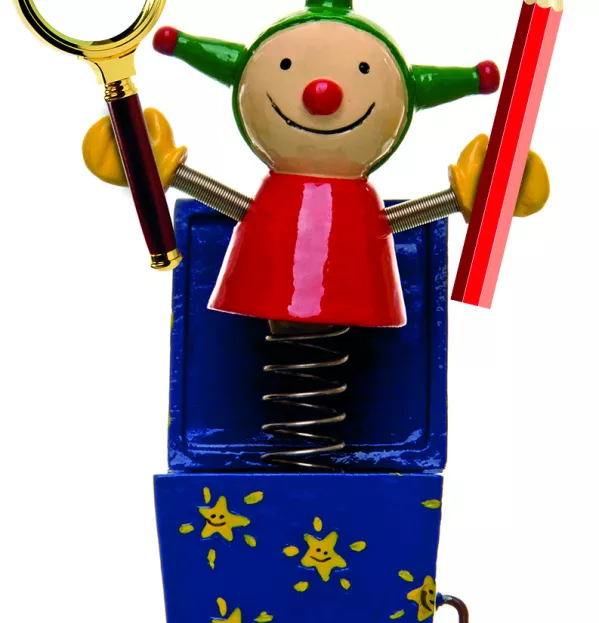Teaching is hard.
It is hard because no matter how many different scenarios and ways of explaining things and potential tasks are taken into consideration, there is always something that will take you by surprise. It is both the beauty and frustration of human nature that we tend not to do as we are told or behave as we are expected to behave.
As a result, teaching induces anxiety. In the face of observations, accountability, a teacher’s need to do well, the desire is inevitably to make education more predictable. If only the variables could be contained, the wriggle room lessened, then, in theory, anxiety could be reduced, because teachers know something is going to work.
Hence the pivot to research. Teachers can seek out “truths” in research and reduce those variables. They can force teaching into boxes. And, hey presto, anxiety is reduced.
But the magic of research is increasingly coming at a cost to teacher agency and is leading to a deprioritisation of teacher expertise. The more evidence scaffolds that are found, the less teacher experience is valued. It gives rise to a curious habit of almost handing over the responsibility for the “how” of teaching to others - because Rosenshine says, because Sweller says, because Bjork says.
But what do teachers have to say, based on their own rich experience in the classroom? And what do these theorists have to say that is relevant to their class in particular?
An example from special education illustrates this well. In this setting, the aim is to scaffold with appropriate help but not induce learned helplessness. There was one child who constantly leaned back on his chair and inevitably would fall off. A well-meaning teaching assistant had fitted a prop, a small jointed stick, on the chair leg, so that when the child leaned back, it popped out and propped up the chair. No crashing fall, job done. Except the child had not learned why he should not lean back - the responsibility had been handed to someone else.
Research is in danger of becoming that prop for teachers. That’s not to undermine its potency and value: research is a vital part of any teacher’s toolbox. But, as neuroscientist Jared Cooney Horvath explains, teachers need the confidence and the power to use it based on their own expertise. They should not be blindly following it, but challenging it, interpreting it, then adapting it.
Some do this, but many do not. And it’s all down to confidence. It’s hard to feel empowered when society lays all its ills at your door, when the bar for success feels impossibly high and the bombardment of negativity is neverending. Is it any wonder many teachers are left with the feeling of never having done enough, of never being good enough?
Research should be making them feel more empowered, not less. But they need to be critical of what is presented to them. Horvath says he can’t predict how teachers will choose to define the evidence - “it might be quantitative, qualitative, based on student feedback, expert judgement, or any combination thereof” - but he is certain that “they are the only ones qualified to make that decision”.
He is, of course, absolutely right. No one knows their pupils better than the teacher does. “Classrooms,” as Dylan Wiliam pointed out recently, “are just too complicated for research ever to tell teachers what to do.”
Research can and does play an essential role in education, but it is truly transformative only when teachers are recognised for the skilled practitioners that they are.
@AnnMroz
This article originally appeared in the 14 June 2019 issue under the headline “Research is vital - but teacher empowerment even more so”
